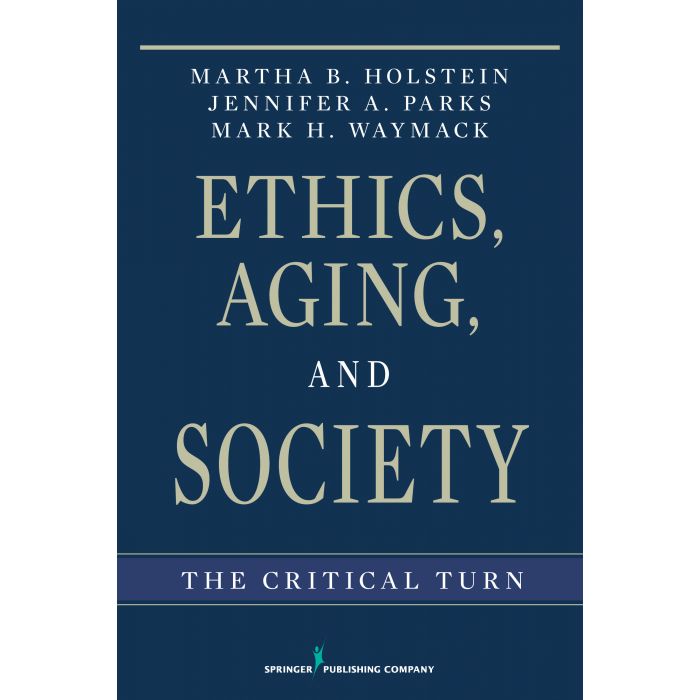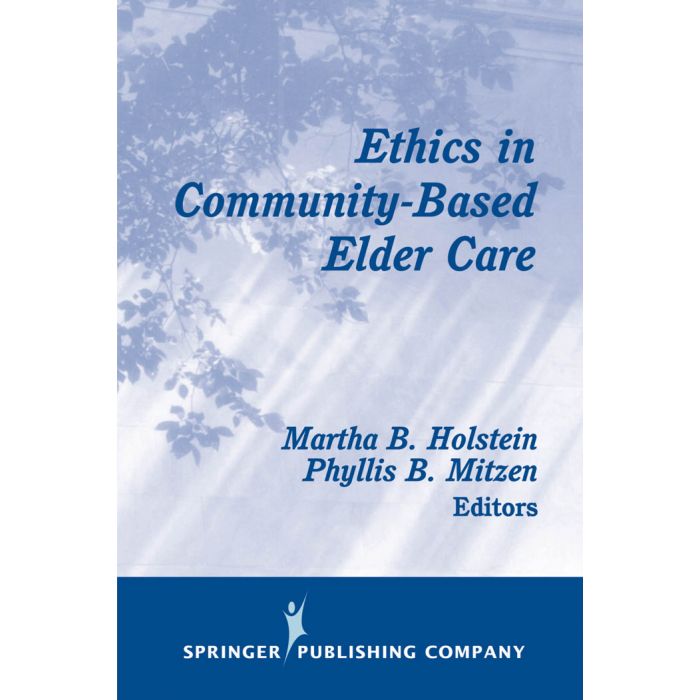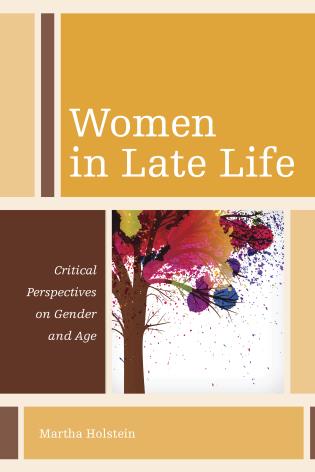Martha Holstein, PhD, aging studies scholar, feminist ethicist, mother, grandmother, colleague, and friend, died on November 24, 2021. She was 80 years old.
Martha was a unique voice in bioethics and health humanities. I first met her nearly 30 years ago when we were classmates in the graduate program at the Institute for the Medical Humanities at UTMB-Galveston. She was an ardent walker, devotee of yoga, and a leading voice on aging and women. Martha spent nearly five decades working in the field of aging, both in the community and in academia.
“Martha Holstein was a testament to someone who lived her life with
urgency, awareness, and a commitment to social justice.”
After receiving her undergraduate degree in history in 1961 from the University of Rochester, Martha wanted to pursue a career as a history professor. Instead of pursuing a traditional academic career, her career took a different course after she became a mother. She recounted her young adulthood in an essay she published in Perspectives in Biology and Medicine in 2017:
“I left home to go to college at 16, moved West when I married, and was living in Los Angeles when my first daughter was born in 1966 when I was 25. Going overnight (literally) from being a full-time graduate student to a full-time mother was hard for me. With a baby who didn’t like to sleep, I could no longer study for my qualifying exams, and the gender norms of the time meant that no thought was given to the possibility that my husband change his postdoc research schedule. Without resources for babysitters, I dropped out and slipped into what gender norms further expected—that I stay home. The role did not suit me. My second daughter was born three years later, and my marriage ended two years after that. My two daughters were the bright spot in my life.”
– A Tale for Our Times: From the Bronx to Chicago in 76 Years
As Martha stated, being a mother to her daughters Jennifer and Julie was a bright spot in her life. She left her graduate program to be a full-time mother. But Martha also craved a career. As she stated in her Perspectives essay:
“I called the history department of a local community college and started teaching one course a semester. I became heavily engaged in antiwar activism and electoral politics. Those years were like basic training, as I followed my mother’s advice to not only survive but thrive. So not surprisingly, when I sought and took my first full-time job in 1973, it was in an area unrelated to all my prior education. By chance, it happened to be in the field of aging.”
Through a serendipitous turn, she started a life-long career in aging. She eventually worked for several years as an associate director with the American Society on Aging.
Her interest in aging led her in her 50s to pursue a PhD in medical humanities, working with Tom Cole, PhD, at UTMB-Galveston. After completing her PhD, she moved to Chicago, where she served as a Research Scholar at the Park Ridge Center for the Study of Health, Faith and Ethics. She later worked on long-term care policy at the Health and Medicine Policy Research Group in Chicago (founded by Quentin Young, MD). She worked with Phyllis Mitzen, MSW, at the Council of the Jewish Elderly where they created one of the first community-based ethics committees in the country. Martha also taught for several years at Loyola University Chicago, where she taught health care ethics, as well as at the University of Chicago, where she taught aging and health policy. Being a professor was a life-long goal of hers, even though she was not able to do it full-time.
Martha was a scholar who wanted to make a real-world impact. She published widely in academic journals and books and co-authored with Loyola University Chicago colleagues Jennifer Parks, PhD and Mark Waymack, PhD Ethics, Aging, and Society: The Critical Turn. She also co-edited with Phyllis Mitzen Ethics in Community-Based Elder Care. Her last single-authored book Women in Late Life: Critical Perspectives on Gender and Age was published in 2015. As described by the publisher, the book “explored the thorny issues related to gender and aging, including prevailing but problematic cultural expectations, body image, ageism, the experience of chronic illness, threats to Social Security and the very possibility of a secure retirement while challenging a long-term care system that disadvantages women.”



Her last project was a book about her family based on letters her grandparents wrote her mother from Poland before and during WWII. It started small before she decided to contextualize what was happening as they wrote letters to their daughter/her mother in NYC, who left Poland in 1938. Her grandparents, and most of her family, were murdered in the Holocaust. It will be self-published in the near future.
Martha had a keen intellect and a fierce devotion to the issue of aging and older women. I last saw her when she guest lectured about narratives on aging to my narrative ethics class at Loyola. She criticized the rampant ageism in our society as well as the tropes and stereotypes that surround older people (e.g. “70 is the new 50”). She stated in a video interview in 2020 “The personal is political–ageism and social disparities inhibit women from making meaningful choices of how to live well while aging.” And in an interview she gave in 2018, Martha said: “Being an old woman, to me, means trying to live as consciously as I possibly can, knowing that I don’t have an endless amount of time left. There’s an element for me of urgency about, how do I live every day?” Martha was a testament to someone who lived her life with urgency, awareness, and a commitment to social justice. She will be missed.
Kayhan Parsi JD PhD (@KayhanParsi) is Professor of Bioethics at Loyola University Chicago and President of the American Society for Bioethics and Humanities.